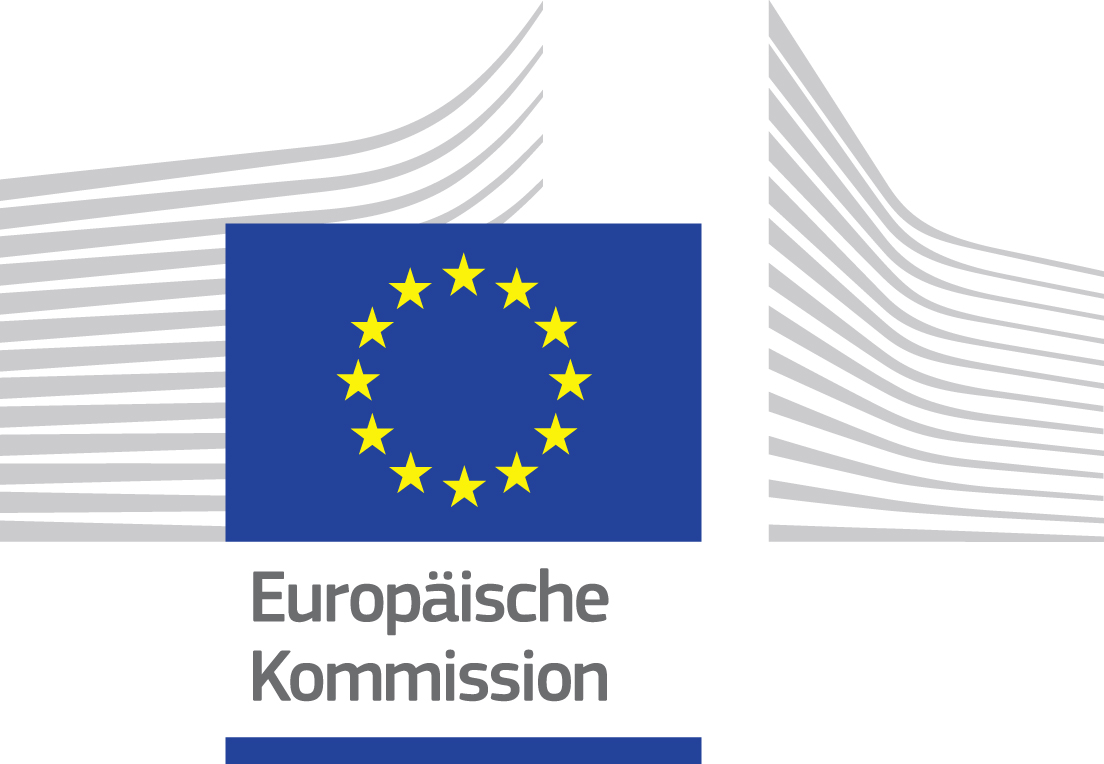IEP Lunch Debate with Director-General Matthias Ruete, DG HOME

On the 26 September 2017 our Lunch Debate with Matthias Ruete, Director General for Migration and Home Affairs of the European Commission, took place at the European House in Berlin on the topic of: “The future of the European Asylum and Migration Architecture”. At the outset of the event, Richard Kühnel, Head of the Representation of the European Commission in Germany, greeted the speaker and our guests. Prof. Dr. Mathias Jopp, Director of the Institute for European Politics (IEP), chaired the event.
Within his introductory remarks, Richard Kühnel emphasized the topicality and relevance of the discussion on the future of the European Asylum and Migration architecture. Since the eruption of the migration crisis two years ago, the European Union has initiated a number of important measures to fully recover from the crisis and confidently tackle the challenges of the future. Nevertheless, Richard Kühnel reconfirmed the importance of the guiding European principle of a European continent that is steered by solidarity. Additionally he argued that the handling of the migration crisis will only be feasible through a pan-European demonstration of solidarity.
At the beginning of his speech, General Director Matthias Ruete emphasized the complex position of the European Union and Germany within a global period of change and turmoil. In recent years, the stability of the European Union has been put to the test, as a result of increasing migration movements. Nevertheless, he recalled, that, besides migration, the European Union also has a number of other areas of concern, which can only be repaired through a unified and sustainable Europe. However, such a successful, unified and sustainable Europe of the future can only survive, if other European issues, such as digitization and economic growth, are not neglected as a result of a political focus on migration. Additionally, he indicated that the complexity of the topic of migration requires a deepened assessment of European security policies and the Schengen area.
Furthermore, Mr. Ruete assessed the beginning and the developments of the migration crisis and emphasized that, following the beginning of the crisis in 2016, a transformation and reorientation of the European migration policy took place through measures such as the ten point action plan of the EU Commission, the formation of Hotspots along the external European borders and a unified EU migration agenda. The most important component for the management of the migration crisis has been a closer cooperation between member states, based on five key terms: “protect, protect, reject, attract, and integrate.”
The first term “protect” symbolizes the European understanding of a shared responsibility for the control and protection of external European borders. Particularly during the crisis, this was frequently demanded by Eastern European states. In order to ensure the protection of the external borders, the European Union has initiated multiple new measures. Hereby, Mr. Ruete highlighted the European Border and Coast Guard Agency (Frontex), founded just under a year ago, and its new instrument for a more sufficient risk analysis. Mr. Ruete indicated that in case member states refuse to provide additional capacities for the protection of the external borders, border controls may be introduced in form of sanctions.
The second term “protect” stands for the secondary refugee protection. Its implementation shall be simplified through the establishment of a European asylum agency. In addition, a coherent reform of the Dublin Regulation is being pursued. Moreover, Mr. Ruete demanded more recognition for states, such as Italy and Greece, as they have carried a great burden and immense responsibility during the migration crisis as a result of their geographic location along the external European borders.
The third term “reject” substantiates a more efficient implementation of repatriation procedures of refugees. As part of his explanation, Mr. Ruete predicted that about 1.5 million asylum seekers will have to be repatriated in the coming year. Hence, a feasible implementation of such measures is of great importance for the future and maintenance of European-wide migration policies.
The fourth term “attract” stresses the need to establish more legal forms of migration into the European Union, particularly for individuals in need of protection and highly qualified nationals from third countries. In this context, he reaffirmed the demands for a comprehensive European Immigration Law in order to unify the European “rag rug” of differing national laws.
One of the biggest challenges of the migration crisis has been the integration of those seeking protection, which is described by the fifth term “integrate”. In order to guarantee a successful integration of migrants, an enhanced cooperation with trade unions and companies will be of great importance in the future. In addition, comprehensive integration initiatives will have to be established on a domestic level through the financial support and network of the EU.
In the discussion following Mr. Ruete’s speech, various questions on the European asylum and migration agenda have been raised. Hereby, Matthias Ruete confirmed the possibility of financially supporting those member states that actively participate in the integration process of migrants. Additionally he called for sanctions as a response to those states that refuse any form of participation. In conclusion, he emphasized the urgency to initiate negotiations with third countries, both with regard to readmission agreements and the current situation in refugee shelters.
The Institute for European Politics would like to express their gratitude to Mr. Richard Kühnel for his introductory statement, Matthias Ruete for his extensive speech on the future of the EU Asylum and migration architecture, as well as to all guests for the lively discussion.
Authors: Paul Leon Wagner, Lea Michel












